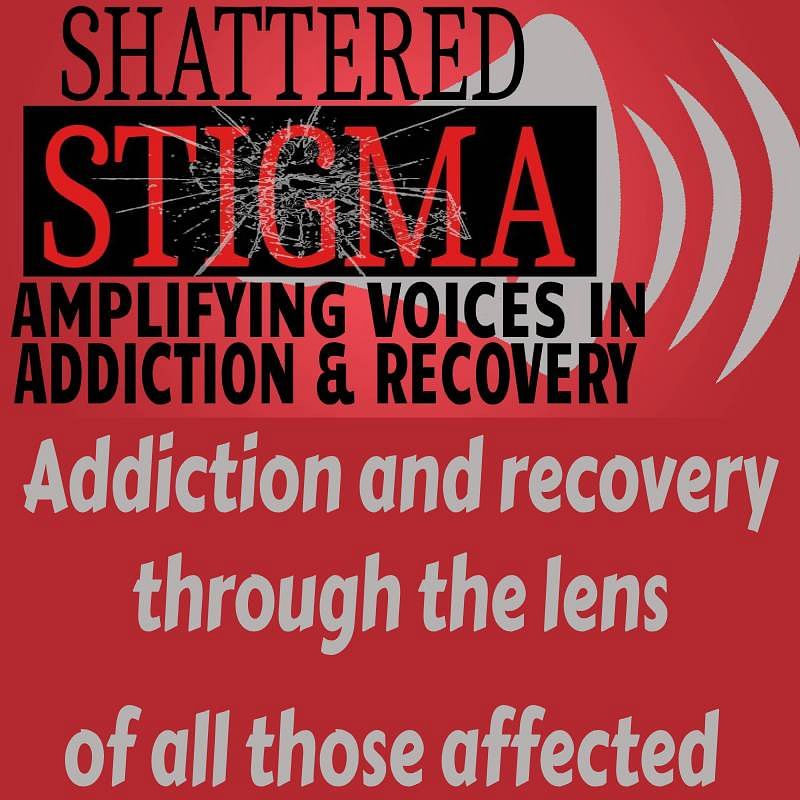Finding Balance in Mandated Addiction Treatment
The Alberta Model: Navigating Uncharted Waters
Alberta Premier Danielle Smith's recent directive to her Minister of Mental Health and Addiction, Dan Williams, has set the stage for a significant discussion. The introduction of the "Alberta Model," with its focus on addiction recovery through mandated treatment, has both proponents and opponents engaged in a thought-provoking debate. As we wade into these uncharted waters, it's essential to strike a balance that addresses the urgent needs of those grappling with addiction while respecting their rights and autonomy.
The Urgency of Addiction Recovery
There's no denying the urgency of the addiction crisis that has been ravaging individuals, families, and communities. Every day, we witness the harrowing effects of addiction, and it's hard not to feel the weight of the situation. Premier Smith's emphasis on promptness and urgency is a reflection of this reality, and it's a sentiment that many can empathize with. The "Alberta Model" aims to provide timely support to those pursuing addiction recovery, and in a world that demands quick responses, this approach is not without merit.
The Compassionate Intervention Act: Striking a Balance
Central to the "Alberta Model" is the proposed Compassionate Intervention Act. This legislation has become a flashpoint in the debate, with strong opinions on both sides. On one hand, the Act has the potential to save lives by facilitating the treatment of individuals who pose a danger to themselves or others due to addiction. On the other hand, concerns are raised about infringing upon personal freedoms and human rights. It's here that the balance needs to be struck.
Navigating Ethical Concerns
Ethical concerns surrounding involuntary treatment are valid and shouldn't be dismissed lightly. Forcing individuals into treatment programs can be seen as a violation of their autonomy and dignity. We must remember that addiction is a complex issue with roots that often stretch far beyond personal choices. A balanced approach would require thoughtful consideration of these concerns, coupled with a clear understanding that sometimes, in dire circumstances, intervention might indeed be the lifeline someone needs.
The Role of Evidence and Harm Reduction
Critics of the rushed development of the Compassionate Intervention Act have valid points. Policy decisions of this magnitude should ideally be grounded in solid evidence. The absence of a comprehensive harm reduction approach in the mandate letter is also raising eyebrows. The proven efficacy of harm reduction strategies cannot be denied, and they should continue to be a part of the equation.
: A Call for Comprehensive Approach
In the quest for balance, a comprehensive approach is essential. A "one-size-fits-all" solution isn't likely to be effective, as addiction's grip varies from individual to individual. In addition to mandated treatment, the "Alberta Model" should incorporate harm reduction, access to voluntary treatment options, and adequate mental health resources. By offering a diverse range of choices, we respect the autonomy of those facing addiction while ensuring their safety and well-being.
Moving Forward with Caution
As we move forward, let's proceed with caution. Rushing policy development, particularly in such complex and sensitive matters, can lead to unintended consequences. There's wisdom in taking the time to study successful models, like those in Portugal and Massachusetts, and adapt them to fit Alberta's unique context. By doing so, we not only ensure the effectiveness of our initiatives but also maintain the integrity of our society's values.
The Human Element
In all these discussions, we must never lose sight of the human element. Addiction isn't just a statistic; it's a human experience filled with pain, struggle, and hope. As we debate policy and legislative changes, let's always remember that our ultimate goal is to provide the best possible support for individuals on their journey to recovery.
Striking a Balance for a Brighter Future
Finding the right balance between mandated treatment and personal freedom is undoubtedly a challenge. But challenges are what encourage us to evolve, adapt, and discover solutions that serve the greater good. The "Alberta Model" has opened up a dialogue that demands our attention and compassion. By thoughtfully considering the ethical, evidence-based, and human aspects of addiction recovery, we can strive for a future where lives are saved, dignity is upheld, and individuals find the path to recovery that suits them best.







